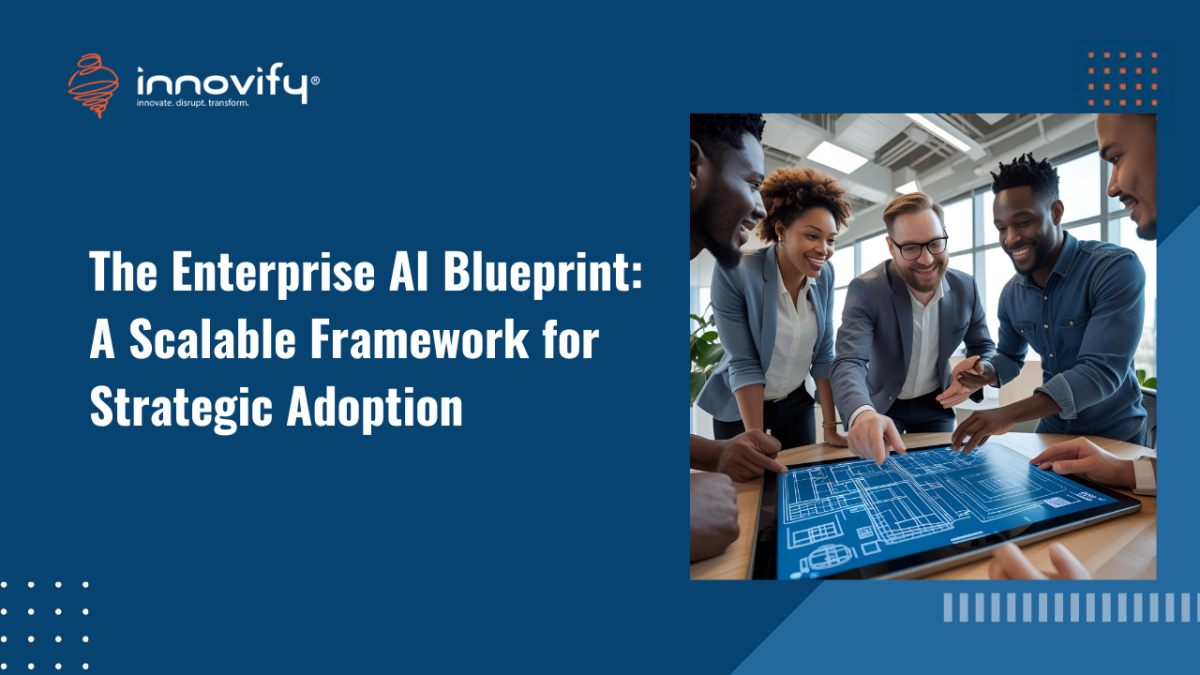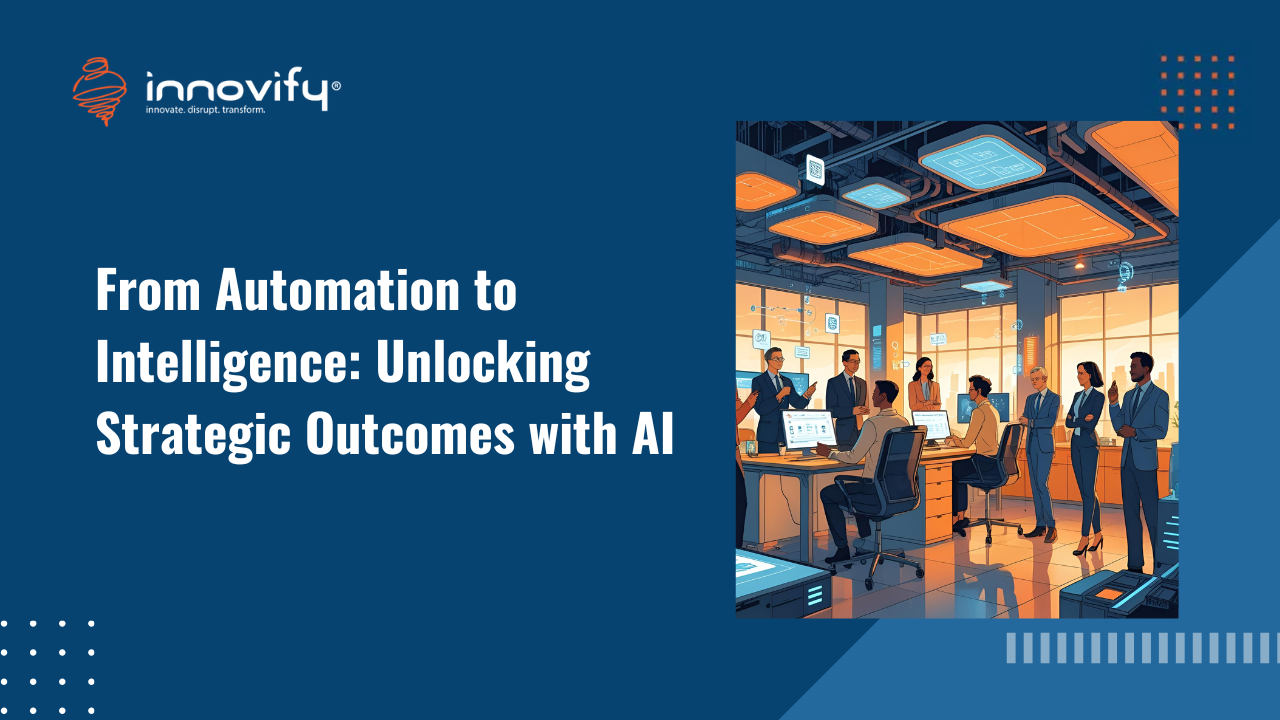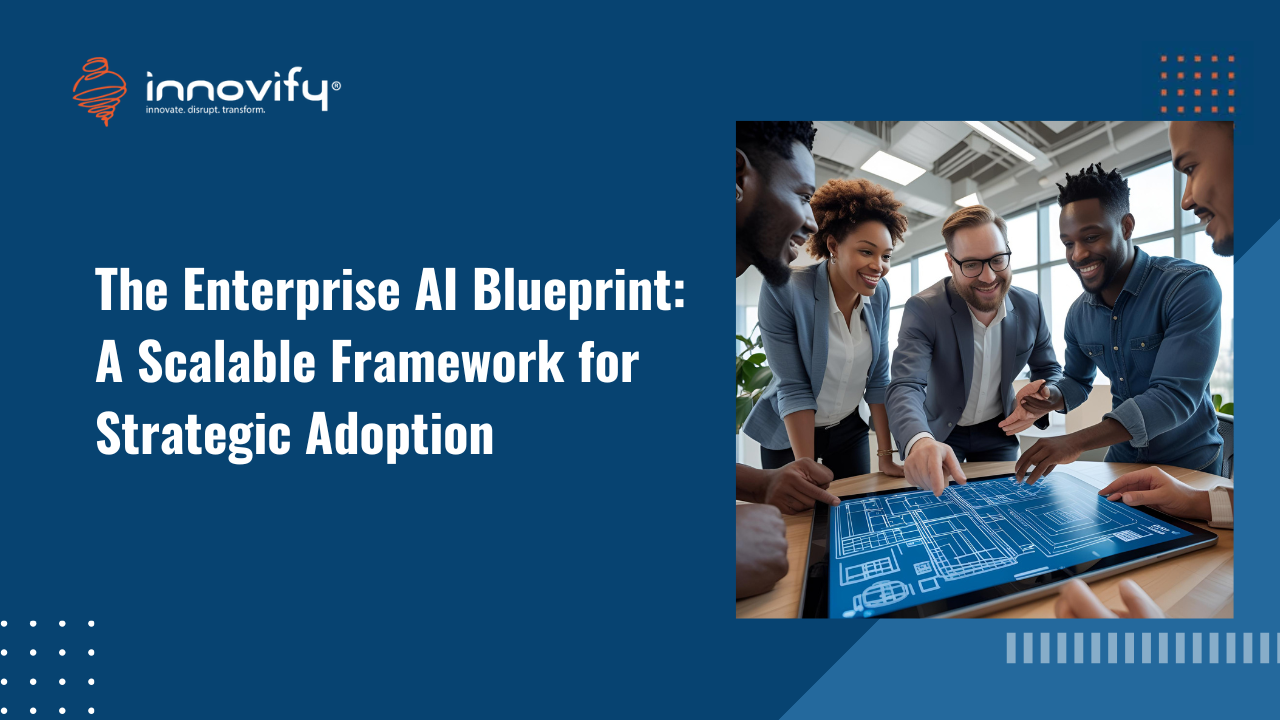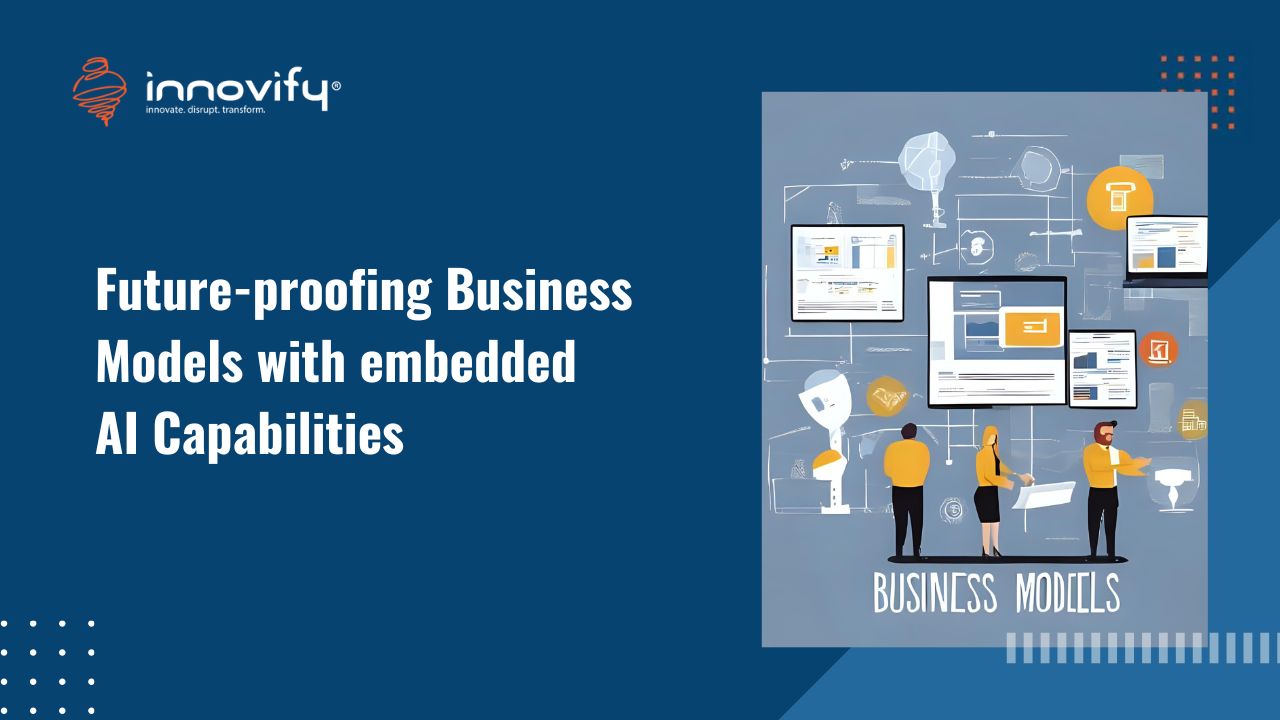Automation
The Enterprise AI Blueprint: A Scalable Framework for Strategic Adoption
Scalable AI adoption framework for enterprises
For years, businesses have experimented with Artificial Intelligence (AI) through pilot projects and departmental initiatives. While these early ventures have yielded valuable insights, the real challenge for modern enterprises is not whether to adopt AI, but how to do so at scale. The transition from a single, successful proof-of-concept to a ubiquitous, enterprise-wide AI capability is fraught with complexity. It requires a fundamental shift from a project-centric mindset to a strategic, framework-driven approach. A successful AI strategy is less about the technology itself and more about the organizational structure, data governance, and cultural readiness that support it.
The Pitfalls of Ad-Hoc AI Adoption
Many organizations fall into the trap of ad-hoc AI implementation. A department, perhaps marketing or supply chain, launches a successful AI pilot that delivers impressive results. Encouraged by this success, other departments try to replicate it, but without a unified strategy. This leads to a fragmented ecosystem of incompatible tools, redundant data efforts, and a lack of shared best practices. Data silos multiply, security risks increase, and the overall return on investment (ROI) remains elusive. Without a cohesive plan, AI becomes a series of disjointed experiments rather than a transformative business asset.
Components of a Scalable AI Adoption Framework
To move beyond this fragmentation, enterprises need a clear, repeatable framework. This framework acts as a blueprint, guiding every AI initiative from ideation to deployment and maintenance. The key components include:
- AI Governance and Strategy: This is the bedrock of the framework. It defines the “why” and “what” of AI adoption. The strategy must align AI goals with core business objectives, identifying high-impact use cases that address critical challenges or unlock new revenue streams. Governance establishes clear policies for data privacy, security, and ethical AI use. It ensures that AI projects are transparent, fair, and compliant with regulations.
- Data and Technology Infrastructure: AI is only as good as the data it’s trained on. A robust framework requires a comprehensive data strategy that breaks down silos, ensures data quality, and establishes a secure, accessible data lake or warehouse. The technology stack must be scalable and flexible, utilizing cloud-based platforms and MLOps (Machine Learning Operations) practices to manage the AI lifecycle from development to deployment.
- Talent and Culture: The best technology is useless without the right people and a supportive culture. An enterprise-level framework requires a strategy to attract, train, and retain AI talent. But it also necessitates a broader cultural shift. Employees across the organization must be educated on the value of AI and empowered to collaborate with AI tools. Creating an “AI Center of Excellence” can help centralize expertise, establish best practices, and democratize access to AI resources.
- Measurement and ROI: A scalable framework is useless if its impact cannot be measured. The strategy must define clear Key Performance Indicators (KPIs) for each AI project, tracking everything from operational efficiency gains and cost reductions to revenue growth and customer satisfaction improvements. Regular performance reviews ensure that AI investments are delivering tangible business value and can be justified to stakeholders.
Practical Steps to Implementation
Implementing this framework isn’t a single event; it’s an ongoing journey. Start by conducting a comprehensive audit of existing data and processes to identify prime candidates for AI. Prioritize use cases that have a clear business value and are technically feasible with available data. Launch a pilot project within the framework’s guidelines, carefully documenting every step. Once a successful pilot is complete, use the lessons learned to refine the framework before rolling it out to the next project. This iterative approach ensures the framework itself is continuously improved.
Scalable AI adoption framework for enterprises is not just about technology; it’s a strategic undertaking that requires a holistic view of the business. It’s the difference between a one-off AI experiment and a truly intelligent enterprise. Organizations that build this blueprint will be better positioned to automate core processes, personalize customer experiences, and make data-driven decisions that secure their competitive edge for years to come. Ready to build a scalable AI framework for your business? Book a call with Innovify today.




